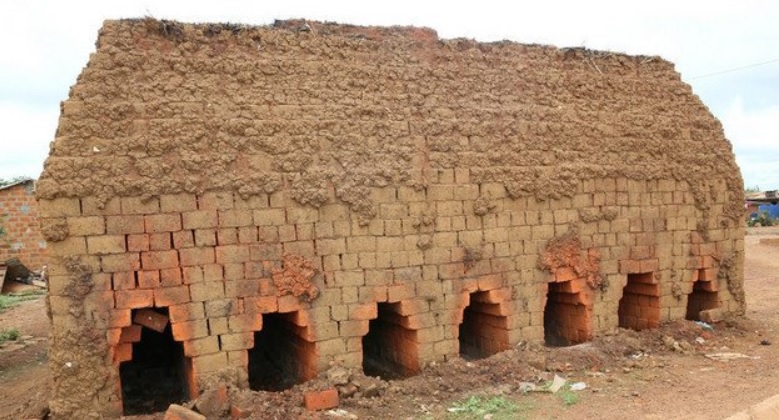UNESCO Tehran Cluster Office attends conference on Turkmenistan permanent neutrality
In his presentation, Dr. Cvetan Cvetkovski, Officer-in-Charge for UNESCO Tehran Cluster Office, highlighted the strong convergence between Turkmenistan Permanent Neutrality and UNESCO mandate to build peace through international cooperation in education, science and culture.

- Country:
- Turkmenistan
The International scientific conference “NEUTRAL TURKMENISTAN – UNESCO: HISTORICAL AND CULTURAL INTERNATIONAL COOPERATION” was organized by the Academy of Sciences of Turkmenistan on the occasion of the celebrations of the 25th Anniversary of the Permanent Neutrality of Turkmenistan and held in an online format on 4 December 2020.
In the presence and participation of H.E. Mr. Berdimuhamedow, President of Turkmenistan, the Conference gathered more than 50 international scholars, researchers, and practitioners in the field of culture and cultural heritage, history and international cooperation from countries from all around the world, as well as scientists, practitioners, and dignitaries from Turkmenistan.
The Conference was an excellent occasion to exchange information and views on issues such as Turkmenistan permanent neutrality and its historical roots; The influence of the principle of Permanent Neutrality of Turkmenistan in its international cooperation; Ancient Turkmen cities and their social and political life; The achievements of Turkmenistan during the years of neutrality in the field of culture and protection of cultural heritage; Perspectives for future international cooperation in promotion of culture and protection of cultural heritage; etc.
In his presentation, Dr. Cvetan Cvetkovski, Officer-in-Charge for UNESCO Tehran Cluster Office, highlighted the strong convergence between Turkmenistan Permanent Neutrality and UNESCO mandate to build peace through international cooperation in education, science, and culture. He also emphasized the consistency between Turkmenistan national development goals and UNESCO strategic objectives – the role of culture, cultural heritage, and creativity being recognized as enablers for sustainable development as projected in Agenda 2030 and its 17 Sustainable Development Goals.
He also reminded of the International Decade for the Rapprochement of Cultures and the role of UNESCO as a lead agency of the Decade and its international responsibility to entrench culture and intercultural dialogue as mechanisms for peace and development. By mobilizing and supporting research, capacity building and knowledge sharing, advocacy, and coordination in support of the efforts of modern societies to positively manage diversity and pluralism for the benefit of all, by stimulating processes that unite rather than what divide different cultures, UNESCO contributes for overcoming ignorance and prejudice, and thus for preventing misunderstandings, tensions and conflicts.
He also informed of the achievements of Turkmenistan in protection and promotion of its very rich tangible and intangible cultural heritage, as well in the exchanges of cultural heritage and cultural experiences with all countries from the region, in particular along the ancient Silk Road corridors, thus providing great visibility of UNESCO culture programs in the county.
Finally, he informed of the recent video conference between the Vice Prime Minister and Minister for Foreign Affairs of Turkmenistan H.E. Mr. Meredow and the UNESCO Director-General Ms. Azoulay, and the resulting Memorandum of Cooperation as a comprehensive platform for the future cooperation in the fields of competence of UNESCO for the period 2021-2023.










